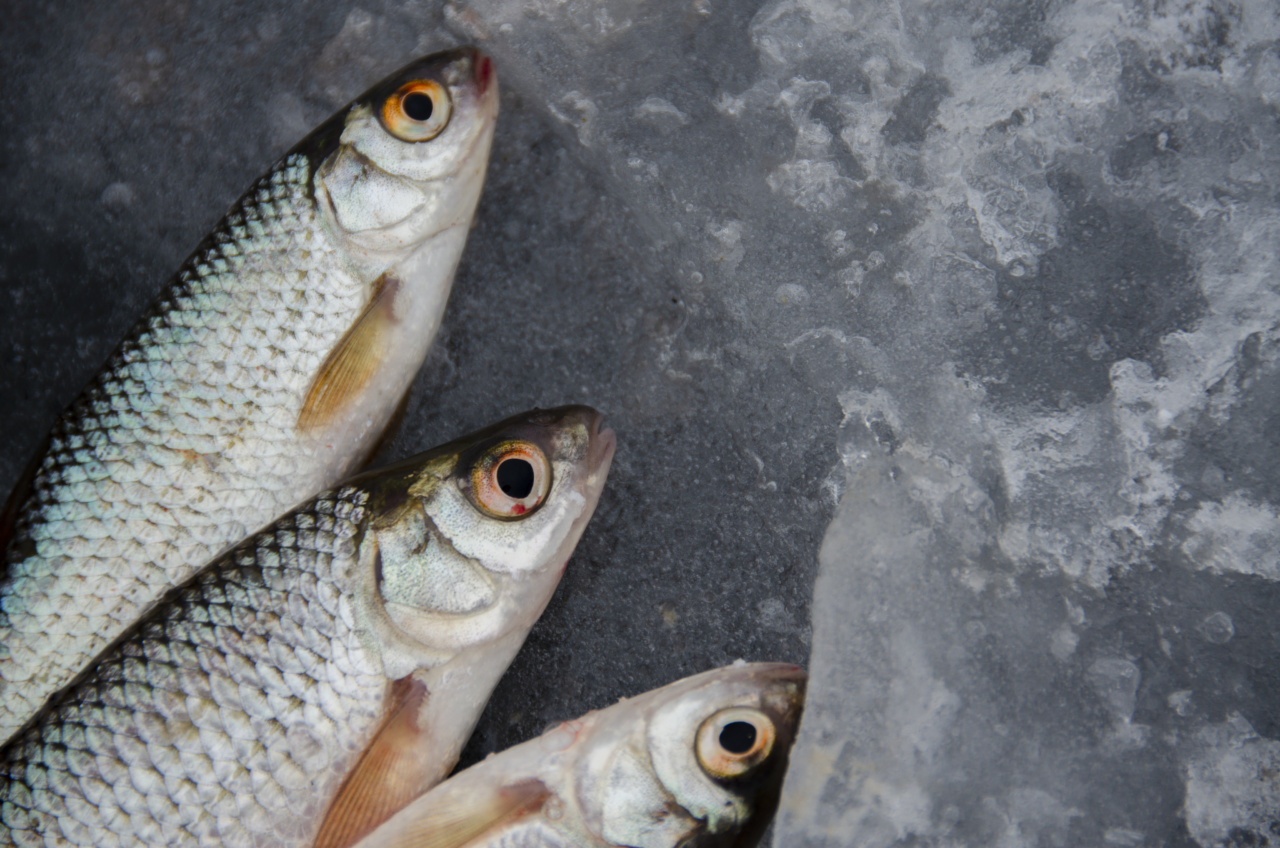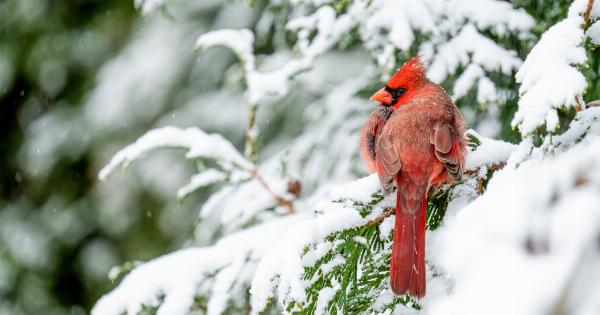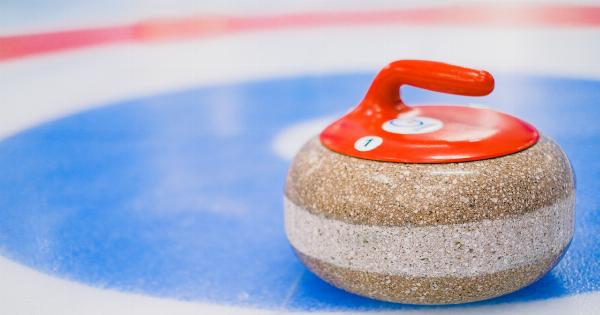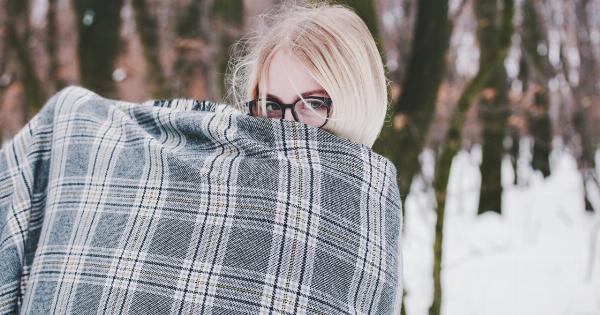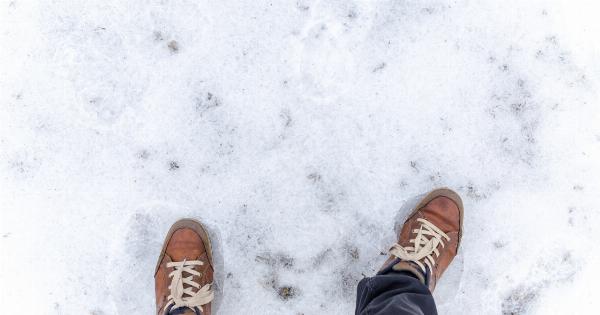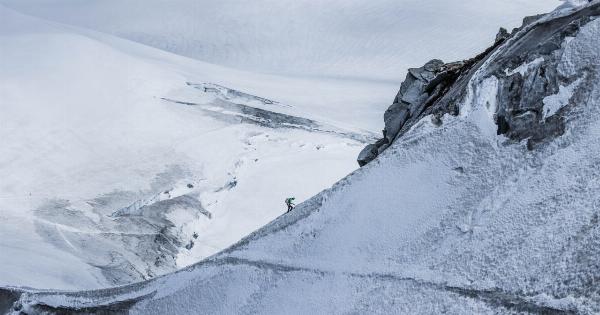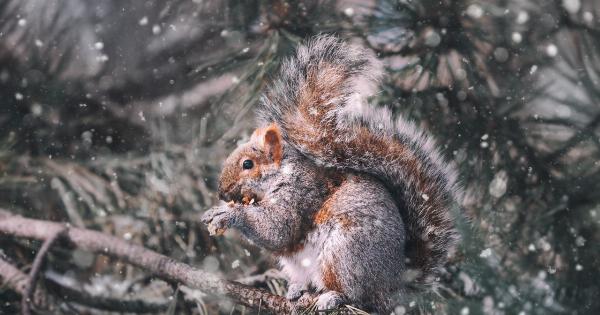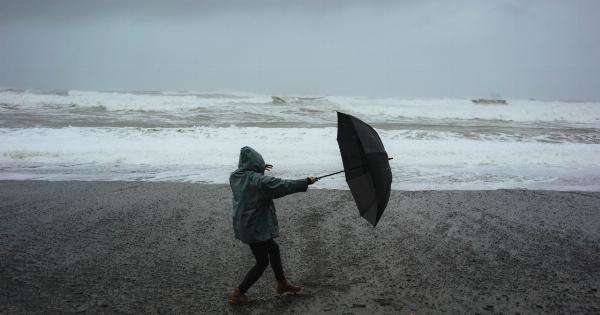Winter season brings about some of the most wonderful times of the year such as holidays and snow. However, it’s also the time of the year where colds are more common.
For some people, it can even feel as though we catch a cold every other week during the winter season. But why is this so? In this article, we’ll explore the three main factors that make us more susceptible to catching colds in the wintertime.
Factor 1: The Cold Weather
One of the most obvious factors that make us more prone to being sick during the winter season is the cold weather itself. The winter season brings with it instances of rain, snow and an overall drop in temperatures.
One of the most interesting facts about the cold weather is that it can weaken our immune system. This occurs because when our skin comes into contact with the cold air, it can cause a constriction of blood vessels which then restricts blood flow. This can leave our immune system strained and unable to fight off infections.
Factor 2: The Increased Time Spent Indoors
Another reason why we are more likely to catch a cold during the winter season is that we tend to spend a lot more time indoors.
The cold weather, as we know, can be pretty inhospitable, so we tend to spend more time in enclosed spaces such as our homes, offices, malls and other indoor venues. This means that we’re more likely to be in close proximity to others who might already be sick. When we spend time in closed quarters, it’s also easier for germs to spread through the air or on surfaces such as doorknobs or light switches.
That’s because these spaces are conducive to the growth and spread of bacteria, shuttling germs from one person to another.
Factor 3: Lower Humidity Levels
During the winter season, the air outside is much drier and the humidity levels are lower. This means that our mucous membranes dry out, leaving us more prone to bacterial infections.
Mucous membranes are found throughout the body, especially in the nose and throat. They help to capture bacteria and other unwanted viruses. However, when they dry out, they’re not as effective in doing their job. This means bacteria can infect our body much more easily.
Conclusion
The winter season can be a wonderful and magical time of the year, but it can also be one of the most sickly.
The cold weather, the amount of time spent indoors and the lower humidity levels can all combine to create the perfect conditions for a contagious cold virus. It’s important to take preventative measures such as washing your hands frequently and avoiding close contact with sick individuals during this time of year.
Hopefully, with this newfound knowledge on what makes us more susceptible to the flu, you’ll be better prepared to avoid getting sick this winter season!.
